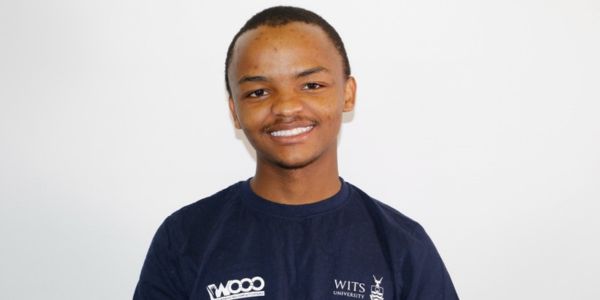University of the Witwatersrand’s Student Leaders Drive Community Building Dreams
The Civic Leadership Programme (CLP), offered by Wits Citizenship and Community Outreach (WCCO) and the Auwal Socio-Economic Research Institute (ASRI), is transforming students into active, ethical leaders ready to address South Africa’s multifaceted challenges. Held from 8 -12 July 2024, the CLP is an annual winter school open to Wits students from various faculties. It features lectures, panel discussions, and exhibitions designed to prepare Wits students for impactful careers in civil society and government.
Makanyoge Dalton Morerwa, a third-year Bachelor of Science in Mathematics student, shared his experiences in this initiative.
“My interest in politics was sparked by a history of tribal leaders in my family,” a descendant of King Sekhukhune, who ruled over the Bapedi people until 1882. From a young age, Morerwa has been exposed to traditional civic affairs and understands the importance of knowledgeable leaders in a country like South Africa.
“The programme provided insightful discussions on South Africa’s pre-apartheid, apartheid, and post-apartheid history, highlighting how our nation’s social, political, and economic facets continue to be shaped by the legacy of apartheid,” he adds.
The CLP addresses current issues resulting from colonialism and apartheid, such as identity, poverty, inequality, and racism. These discussions offer a comprehensive overview of South Africa’s past and present, focusing on social, political, and economic aspects. The tour also includes tours to historical sites such as the Constitution Hill, a former prison and military, which is now a museum and also serves as the home of the country’s apex court – Constitutional Court.
Angelo Fick, ASRI’s Research Director who are co-partners in the delivery of the civic programme elaborates on the significance of the programme.
“The idea behind the programme is to help people who have technical skills and disciplinary education in their degrees to begin to think of ways in which they can take that and their aspiration to improve South African society and bring the two together,” says Fick.
“The programme’s value lies in empowering young people to make better sense of the country they live in, promoting servant leadership, and fostering civic involvement. We had speakers in the programme who addressed issues like election accountability, oversight actions, state of the economy and electoral reform.”
Morewa who already serves as a volunteer at the Masidleni Programme under the WCCO, believes that the extra time spent on campus during the winter break was a worthwhile venture.
“I am more motivated than ever to use my skills and knowledge to make a positive impact in my community and beyond. These experiences have equipped me with the knowledge, skills, and ethical framework to contribute meaningfully to civic affairs, driven by a commitment to social justice and community development.”
A network of conscious leaders
“We are building a network of people who can interact with one another because they will be the custodians of society in the next 10 to 15 years. People my age, around 50 years old, are in the process of handing over the skills we have learned to a younger generation. They can then share these skills with one another, so the world we are currently holding for them becomes theirs to run as soon as possible, if not right now. For me, that is the value of a leadership programme like this,” says Fick, better known to South Africans as a sharp current affairs and news analyst.
Karuna Singh, Senior Programme Advisor at WCCO, says that it is important for CLP alumni to be involved in community efforts. Singh states, “We encourage CLP alumni to work with WCCO to engage more actively in community outreach and development through partnering with communities. Their work with communities will make them responsible citizens and change agents who make volunteering a part of their DNA.”
According to the Wits 2033 Strategy Framework, the University is committed to nurturing critical thought, robust reasoning, and debate based on factual foundations. It aims to instill Wits graduates with a sense of social responsibility, provide all University students with a multidisciplinary student experience. The University acts as an incubator for change in our community by using knowledge and expertise to experiment, innovate, and debate solutions to current and future big challenges, including climate change, inequality, public health, and social justice. This requires promoting active citizenship, leadership, and public engagement among Wits staff and students.

